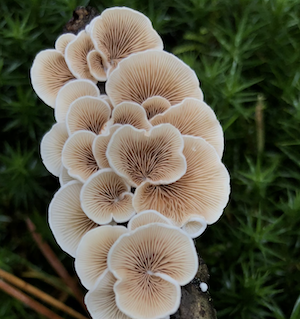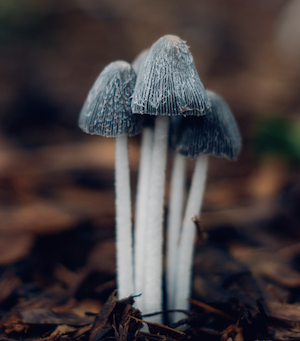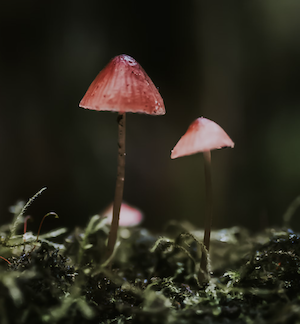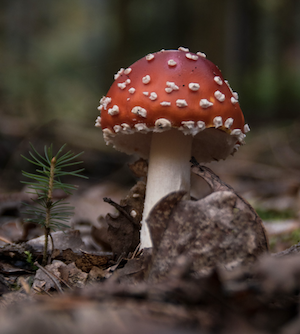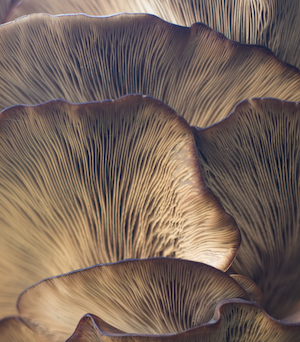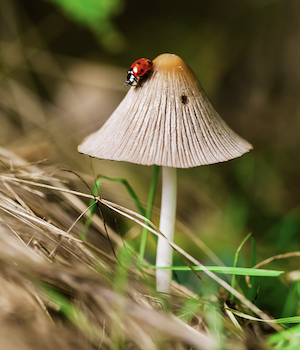CBD (cannabidiol) is a chemical compound found in the cannabis plant, but it does not necessarily smell like the pungent and distinctive odor associated with marijuana (weed). The smell of marijuana primarily comes from its high concentration of a compound called THC (tetrahydrocannabinol).
Pure CBD, in the form of CBD oil or isolate, typically has a mild, earthy, and sometimes slightly nutty odor. Some people may describe it as having a “green” or “plant-like” scent. This aroma is much milder and less noticeable than the strong, skunky odor of marijuana.
However, it’s important to note that CBD products can vary in scent depending on their source, extraction method, and any added ingredients or flavorings. Some CBD products are designed to have specific scents or flavors, while others may retain more of the natural plant aroma. If you’re concerned about the smell of CBD, you can look for products that are labeled as odorless or have added scents to mask the natural aroma.
Common CBD Flavors
When it comes to CBD products, the flavor profile plays a significant role in enhancing the overall experience for consumers. CBD manufacturers have recognized this and offer a wide array of flavors to cater to diverse preferences. Here are some common CBD flavors you’ll encounter:
Fruity Flavors (e.g., berry, citrus, tropical)
Fruity flavors have gained immense popularity in the world of CBD products. Options like berry, citrus, and tropical fruit infusions provide a refreshing and tangy taste that can mask the natural earthiness of hemp. These flavors are often favored by those looking for a sweeter and more vibrant CBD experience.
Minty Flavors (e.g., peppermint, spearmint)
Minty flavors, such as peppermint and spearmint, offer a cool and invigorating sensation when consuming CBD. These flavors are known for their ability to provide a refreshing and soothing experience, making them a preferred choice for those who enjoy a minty kick with their CBD.
Natural Hemp Flavor
For purists and those who appreciate the authentic essence of hemp, natural hemp flavor is an option. This flavor profile embraces the earthy and herbal notes of hemp without additional additives. It provides a genuine taste of the cannabis plant, appealing to those who prefer an unaltered CBD experience.
Other Flavor Options (e.g., chocolate, vanilla, coffee)
Beyond fruity and minty options, CBD enthusiasts can explore a range of unique and indulgent flavors like chocolate, vanilla, and coffee. These flavors combine the benefits of CBD with the rich and comforting tastes associated with these treats. They’re an excellent choice for those looking to combine their daily CBD intake with a touch of culinary delight.
In the world of CBD, flavor options are continually evolving, offering consumers a delightful array of choices to suit their taste preferences. Whether you’re drawn to the natural essence of hemp or crave the sweetness of fruity blends, there’s a CBD flavor waiting to enhance your wellness routine. Be sure to explore different flavors to find the one that resonates best with your palate and enhances your CBD journey.
Factors Influencing CBD Flavor
The flavor of CBD products is not solely a matter of chance; it is influenced by several key factors that manufacturers carefully consider to provide consumers with a satisfying taste experience. Here are the primary factors that play a role in determining CBD flavor:
Extraction Method
The extraction method used to obtain CBD from the hemp plant can significantly impact its flavor. There are different extraction techniques, but the two most common are CO2 extraction and solvent-based extraction. CO2 extraction tends to yield a purer and cleaner CBD extract with minimal residual flavors from solvents. On the other hand, solvent-based methods can sometimes introduce a hint of bitterness or a solvent-like aftertaste to the CBD product. Manufacturers often choose their extraction method based on the desired flavor profile of the end product.
Quality of Ingredients
The quality of the ingredients used in CBD products can have a profound effect on flavor. This includes not only the CBD extract itself but also any additional components, such as carrier oils, flavorings, and sweeteners. High-quality, organic, and non-GMO ingredients are less likely to introduce undesirable flavors or impurities into the final product. Conversely, lower-quality ingredients can contribute to an unpleasant or harsh taste.
Terpenes and Cannabinoid Profile
Terpenes are aromatic compounds found in the hemp plant that contribute to its flavor and aroma. The presence and composition of terpenes can vary among different hemp strains. Certain terpenes, like myrcene and limonene, can impart fruity or citrusy notes, while others, like pinene, may have a pine-like scent. The cannabinoid profile, which includes the presence of compounds like CBG (cannabigerol) and CBN (cannabinol), can also influence the overall flavor and effect of the CBD product. Manufacturers may selectively choose hemp strains with specific terpene and cannabinoid profiles to achieve desired flavors.
Flavor Additives
To cater to a wide range of consumer preferences, some CBD products incorporate flavor additives. These additives can include natural or artificial flavorings, sweeteners, and even herbal extracts. The choice of flavor additives is a deliberate decision made by manufacturers to create a pleasant and enjoyable taste. However, it’s essential to choose products with transparent labeling, as some additives may not align with certain dietary preferences or sensitivities.
In conclusion, the flavor of CBD products is influenced by a combination of factors, from the extraction method to the quality of ingredients, the natural presence of terpenes, and the addition of flavor-enhancing components. Understanding these factors can help consumers make informed choices and select CBD products that align with their taste preferences and overall CBD experience.


